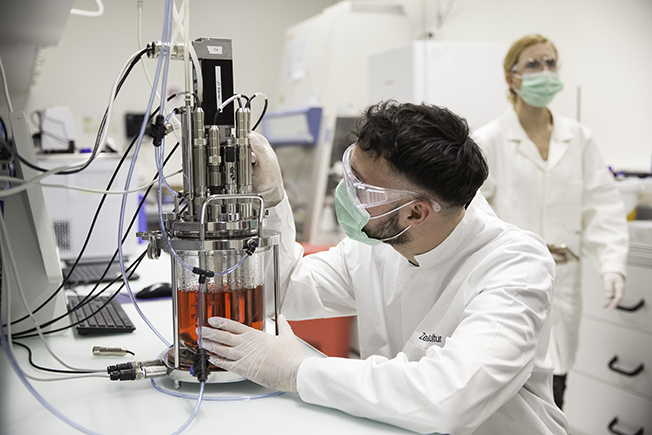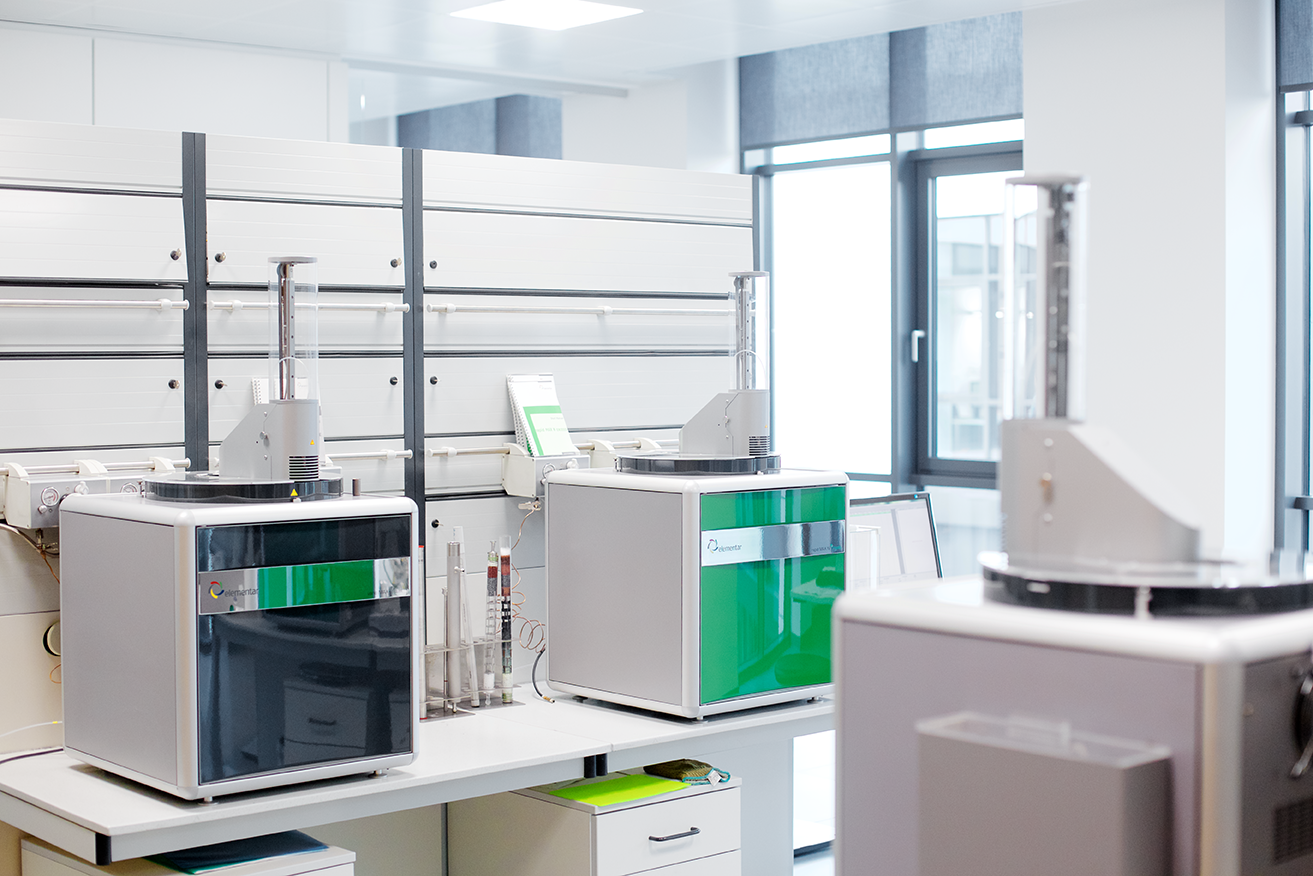

Swift novel food authorizations: how to leverage a rapid, positive EFSA opinion on the safety of a novel food
Nikolaas Tilkin-Franssens, Regulatory Affairs Manager at Pen + Tec, provides some invaluable advice for companies seeking authorization of their novel food products in the EU. Highlighting the importance of preparing a comprehensive dossier prior to submission, he explains why failure to do so can be costly

“The Panel concludes that the novel food is safe under the proposed conditions of use.” That sentence reflects the most significant statement in a hard-earned, positive safety opinion by the European Food Safety Authority (or EFSA). In this article, we will uncover what applicants can – or even should – expect from the safety evaluation on novel foods to guarantee a swift novel food authorization. We will also touch upon the main reasons why the EFSA NDA Panel oftentimes “concludes that the safety of the novel food under the proposed conditions of use has not been established”.
What do we mean by ‘novel’?
But first a quick synopsis. Novel foods are foods – including ingredients – that have not been consumed to a significant degree in the EU prior to 15 May 1997. Some examples include insects, algae, or isolated compounds from plants, where they have no significant history of consumption.
Novel foods require authorization before they can be marketed in the European Union. The authorization process is driven by the European Commission and includes a risk assessment by EFSA. The ‘NDA Panel’ is the EFSA Panel on ‘Nutrition, Novel Foods and Food Allergens’, which is responsible for assessing the safety and nutritional suitability of novel foods presented in an application.
For that purpose, applicants are required to prepare a ‘novel food dossier’, which endorses that a given novel food is safe and nutritionally suitable for human consumption under the conditions of use proposed by the applicant.
Based on the evidence provided – and additional data requested by EFSA – the authority will provide a reasoned safety opinion. Following that EFSA opinion, the European Commission and European Union Member States may then decide under which conditions the novel food will be authorized.

At present, there are approximately 260 novel food applications pending. Around 100 are in the mentioned EFSA risk assessment phase. Since EFSA became responsible for the assessment of novel foods in January 2018, it has issued more than 80 opinions. Most of the finalized opinions have been favorable. On the other hand, numerous applications have either been withdrawn by applicants or – as the high number of ongoing applications shows – are still pending the final opinion.
There are also novel food applications which received a negative opinion, meaning the safety could not be established according to the EFSA Panel. Two of the main reasons that will be discussed here are:
• The applicants did not meet the data requirements set by EFSA, or;
• The presence of certain undesirable substances in the novel food is not sufficiently controlled or addressed.
What happens next?
In terms of procedure, after the submission of a novel food dossier, the European Commission and subsequently EFSA will validate whether the dossier is admissible and sufficiently complete. This step takes a couple of months. Once the dossier is validated, the clock starts running, meaning that EFSA has nine months to issue its safety opinion. However, EFSA can stop the clock if it considers that additional data needs to be presented. Hence, to expedite the adoption of a positive opinion, the completeness of the dossier is key.
In terms of the data required by EFSA, the fundamental piece of advice is to adhere to the applicable EFSA Guidance. Applicants should ideally tick all the boxes unless the absence of any data can be justified. The challenge, however, remains that EFSA may during preparation or even after submission adopt and apply new guidance, ask for data not specified in any guidance, or simply not agree on a provided justification. EFSA can also request additional evidence when the presented data is not consistent, inconclusive, or not in line with the Panel’s expectations. In fact, it is impossible to anticipate all the requests EFSA may have on a given novel food.
After the submission of a novel food dossier, the European Commission and next EFSA will validate whether the dossier is admissible and sufficiently complete

Novel food characteristics
Understandably, the food safety requirements also highly depend on the characteristics of the novel food. The origin of the novel food, processing or other specific features will influence the data the EFSA Panel may consider ‘essential’ for the evaluation. There may be data that can seem superfluous from the applicant’s point of view, although, in practice, there may be little room – or proper platforms – to engage into meaningful discussion with EFSA.
In such case, it may be easier to just provide the data. But obviously the need for certain additional studies increases complexity, the timeline, and costs. EFSA may stop the clock as many times as it deems necessary for extra information to be provided. For this reason, it is vital to keep resources available to efficiently deal with any potential requests for additional information.
And here’s another piece of advice. Be the expert of your food product. In parallel with exploring the commercial potential of an innovative food product, early in the R&D process, producers should perform a proper food safety risk assessment of all potential food safety risks associated with their product. The risk assessment should be comprehensive, considering the raw materials, production process and the final substance itself. A common example of safety hazards that are often insufficiently addressed in novel food dossiers – as we can see from the published opinions – are the accumulation of specific contaminants, antinutrients or microbials. This often happens with compounds isolated from plants. Even though the plant or simple derivatives may be commonly consumed as part of the European diet, the concentration of a specific, valuable compound from a plant may also induce the concentration of other undesirable substances found in that plant.
Applicants should be well aware of any such potential hazards and clearly address how the safety risk is managed in the novel food dossier. Where relevant, the considerations should include the dietary contribution of these compounds from other already established dietary sources. The complexity is that for novel compounds the potential indirect hazards may not be immediately visible, and the ultimate risk will depend on the exposure following the intended uses of the novel food. Accordingly, the importance of a solid case-by-case risk assessment should not be underestimated. If uncertainty about safety or nutritional suitability persist, EFSA will adopt an inconclusive opinion and the work done, including for instance expensive toxicity studies, may be in vain.
Fail to prepare, prepare to fail
Considerable resources should be dedicated to the dossier preparation prior to submission. The fundamental completeness of the dossier and proper consideration of any potential safety risks will be the main contributor to success and rapid progress after submission.
Evidently, the more complete the dossier, the lower the likelihood EFSA will clock stop the application to request additional information. Yet, applicants should remain prepared to answer requests for additional data which EFSA will undoubtedly raise during the risk assessment of the novel food.
If you have any questions or would like to get in touch with us, please email info@futureofproteinproduction.com


%20ILVO%202.jpg)

.png)

